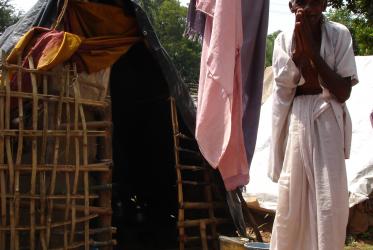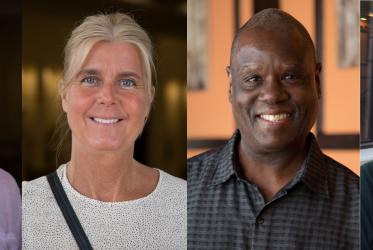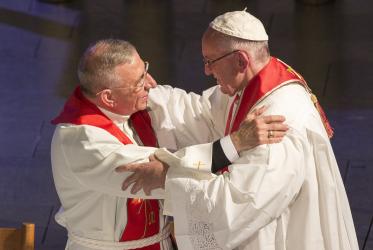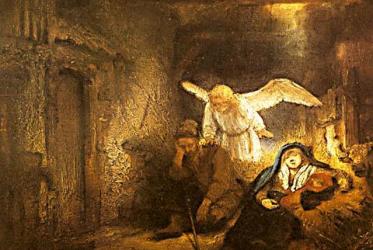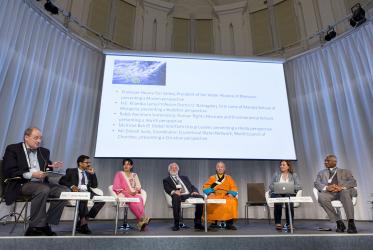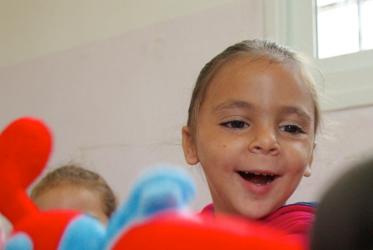Displaying 121 - 140 of 175
16 July 2018
#WCC70: Remembering Orissa
11 January 2018
#WCC70 : Souvenir de l'Odisha
11 January 2018
Peace consultations of hope
07 July 2017
Second Bible study on stateless persons available for Advent use
08 December 2016
Pilgrimage and youth
28 June 2016


